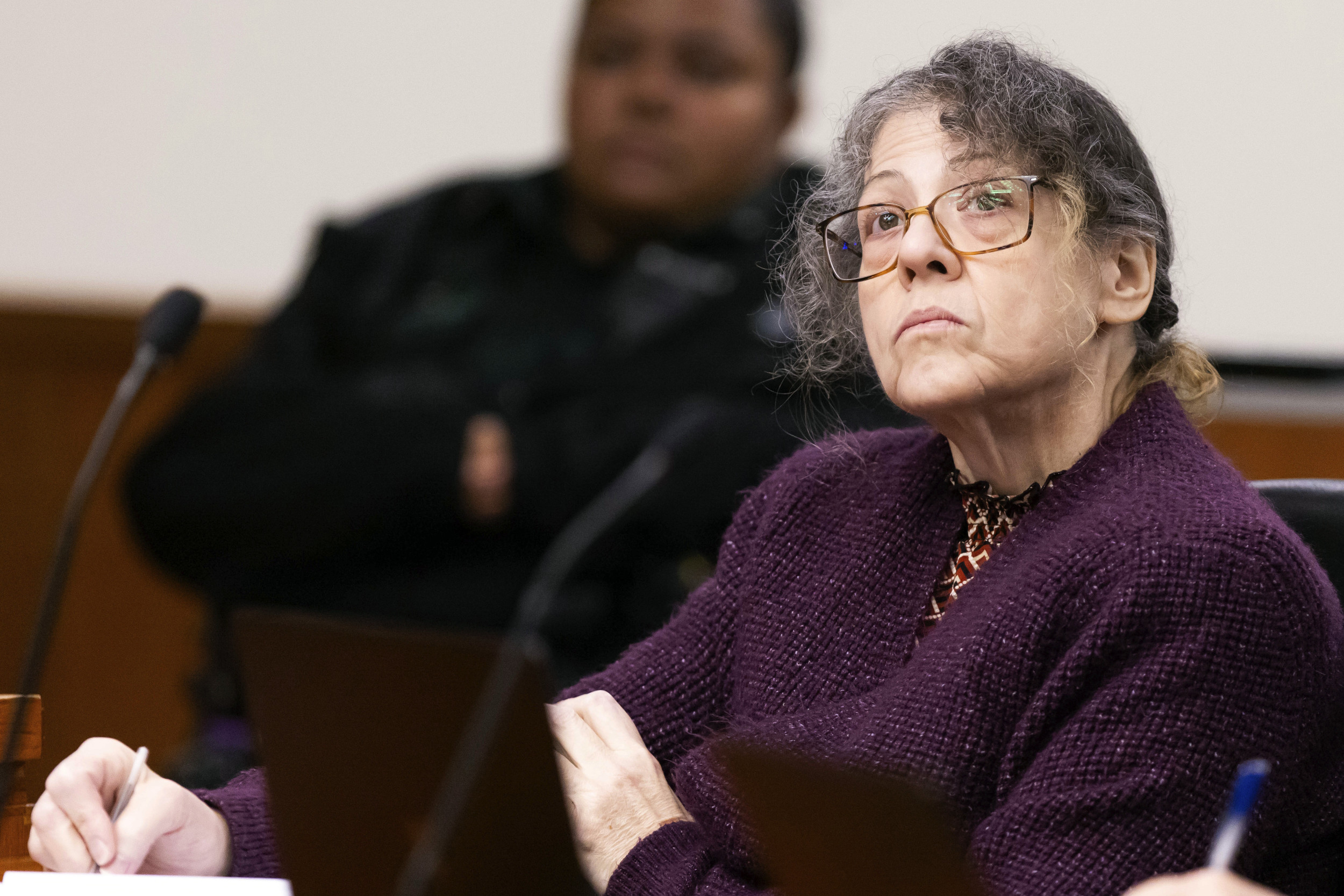A Missouri judge said Monday that he could not overturn a ban on gender-affirming surgery in the state, ahead of a U.S. Supreme Court hearing on a similar case.
In a 74-page ruling, Wright County Circuit Court Judge Craig Carter backed the state's block on transgender health care, including puberty blockers and hormone treatment, which was enacted in 2023.
He argued that he did not have the power to overturn the ban because the plaintiffs had tried to prove that no set of circumstances existed that allowed it under the Constitution, something which he said was not possible because of disputes over the safety and ethics of gender-affirming care.
"This court finds an almost total lack of consensus as to the medical ethics of adolescent gender dysphoria treatment," he wrote, adding that states had an "abiding interest in protecting the integrity and ethics of the medical profession".

Judge Carter's ruling was celebrated by Missouri Attorney General Andrew Bailey, who branded the type of care in question as "child mutilation".
"We are the first state in the nation to successfully defend such a law at the trial court level," Attorney General Bailey said in a press release.
"I'm extremely proud of the thousands of hours my office put in to shine a light on the lack of evidence supporting these irreversible procedures. We will never stop fighting to ensure Missouri is the safest state in the nation for children."
The trial, which lasted nine days, was spurred by an appeal from plaintiffs including the American Civil Liberties Union of Missouri and Lambda Legal, who argued that the ban was against the constitution.
Judge Carter said in his ruling that the treatments banned in Missouri, including gender-affirming surgeries, fell outside "normal medicine" and therefore was unethical. He also argued that most children "outgrow" gender dysphoria.
"We are extremely disappointed in this decision, but this is not the end of the fight and we will appeal," Lambda Legal and the ACLU of Missouri said in a joint statement.
"However, the court's findings signal a troubling acceptance of discrimination, ignore an extensive trial record and the voices of transgender Missourians and those who care for them, and deny transgender adolescents and Medicaid beneficiaries from their right to access to evidence-based, effective, and often life-saving medical care."
The plaintiffs argued that there was enough evidence to show the treatments banned were safe and necessary, while the credibility of the witnesses called by the state was sometimes called into question, the Missouri Independent reported. Some had referred to research that had since been retracted.
Carter said there was too much dispute around transgender health care and pointed out that both sides had agreed on a report from the UK's National Health Service (NHS) which said interventions relied on "remarkably weak evidence".
The plaintiffs said they had offered "heartfelt testimony" from transgender youth and adults who could speak to the benefits, however.
In their joint statement, the groups said that "the state has prioritized politics over the well-being of its people".
Missouri is not alone in banning gender-affirming care, with the Human Rights Campaign estimating in August that 39.4 percent of trans youth aged 13-17 were living in the 26 states that had passed bans on gender-affirming care.
The issue of access to gender-affirming care will reach the U.S. Supreme Court next week, on December 4, when a case relating to Tennessee's ban is heard. Three transgender teenagers are leading plaintiffs, alongside the Biden administration.



















 English (US) ·
English (US) ·